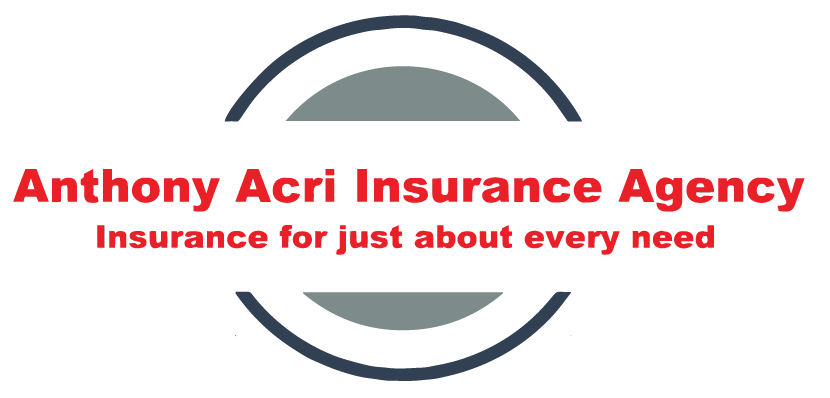Sep 09 2025 15:00
Self-Funding vs. Level-Funding: What to Know
Exploring employee health benefits can feel overwhelming, especially when trying to find a cost-effective solution. Understanding the distinctions between self-funded and level-funded health plans can empower employers to make informed decisions. Balancing flexibility, risk tolerance, and cost predictability is key when selecting the right benefits model for your company.
Self-Funded Plans
In a self-funded plan, employers pay for healthcare claims directly as they arise. This model offers full control over plan design and the choice of vendors. While it provides customization, the potential for high-cost claims makes expenses unpredictable. Stop-loss insurance is essential to mitigate financial risks, as self-funded plans fall under federal jurisdiction (ERISA), exempt from state insurance rules.
Level-Funded Plans
Level-funded plans are structured around fixed monthly payments that bundle claims estimates, administrative fees, and stop-loss coverage. This model protects against overages by capping claims, sometimes offering refunds or credits if claims stay within budget. It simplifies budgeting by providing consistent monthly payments, allowing for better cost predictability.
Key Differences
Understanding how these plans differ is crucial:
- Risk Tolerance: Self-funded plans put full financial risk on the employer, whereas level-funded plans cap potential losses, offering more financial security.
- Cost Predictability: Level-funded plans ease budgeting with predictable payments, unlike the variable costs of self-funded plans.
- Savings Potential: Self-funded plans might yield higher savings if claims are low, while level-funded plans could refund a portion of unused funds.
- Customization Levels: Self-funded plans provide maximum customization, but level-funded plans balance customization with third-party support.
For financially stable and larger companies, self-funding may be ideal. Meanwhile, small to mid-size businesses could benefit from the predictability of level-funding. It’s important to thoroughly assess your company's financial stability, risk appetite, and desired level of plan control.
Both self-funded and level-funded plans offer advantages over traditional insurance based on specific business needs. Consider consulting an expert to explore which option best suits your employee health coverage requirements.
